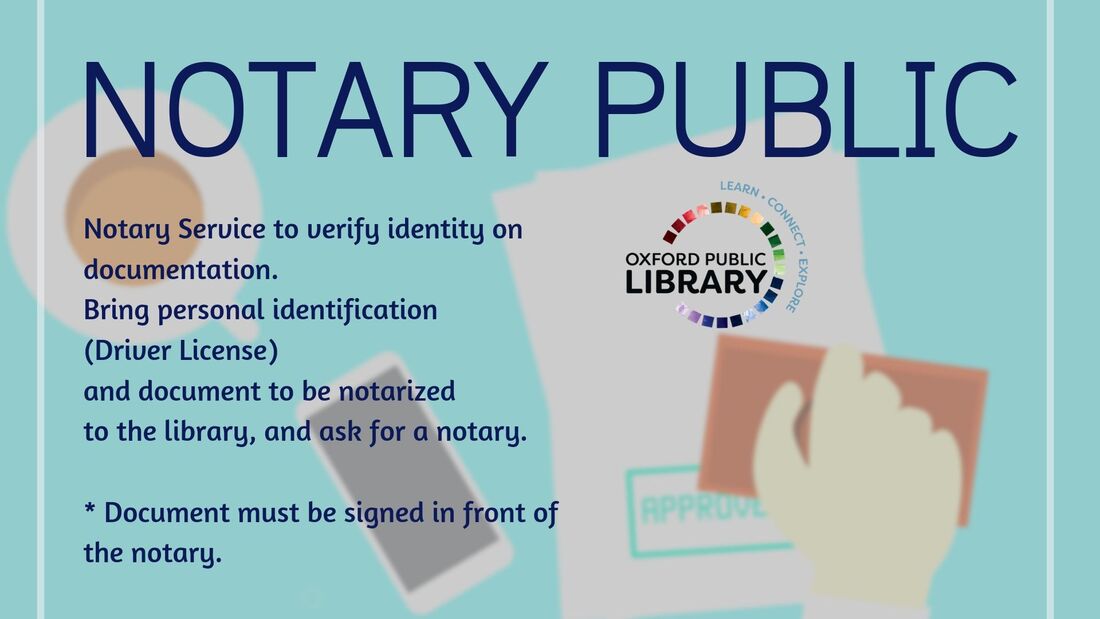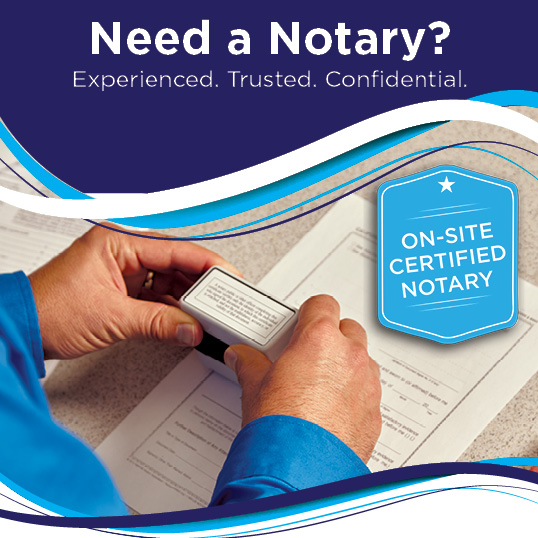DIRCO Rules Demystified: A Overview to Diplomatic Method
DIRCO Rules Demystified: A Overview to Diplomatic Method
Blog Article
Demystifying Notarial Work: Simplifying the Role and Relevance of Notaries
Their duty, typically shrouded in enigma for lots of, brings considerable weight in making sure the legitimacy and integrity of important records. By deciphering the intricacies losing and surrounding notarial techniques light on the value of their acts, a clearer understanding emerges of the vital role notaries play in promoting the material of lawful and legal arrangements.
The Background of Notarial Work
Just how did notarial job develop in time to become an integral component of legal and company purchases? The history of notarial job go back to ancient civilizations, where scribes played a crucial duty in videotaping crucial information and confirming files. As societies proceeded, the need for a more formalized system to make certain the credibility of contracts emerged. This resulted in the development of notaries, individuals assigned by the state to serve as neutral witnesses in legal matters.
During the Middle Ages, notaries got prestige in Europe, with their functions broadening to consist of composing lawful papers, certifying signatures, and preserving records. The increase of international trade even more emphasized the significance of notarial job in validating agreements and contracts across borders.
In the modern age, notaries remain to play a vital role in legal and service purchases by validating identifications, confirming the authenticity of records, and preventing fraudulence. Their role in accrediting the credibility of contracts adds a layer of safety and depend on to the ever-evolving landscape of commerce and law.

Tasks and Duties of Notaries
Notaries play a vital duty in verifying the credibility of records and the identification of signatures. One of their main duties is to witness the signing of crucial documents, such as agreements, actions, and wills, to ensure that all celebrations are getting in right into contracts purposefully and voluntarily.
Additionally, notaries are charged with carrying out affirmations and oaths, which are critical in legal process and the implementation of affidavits. They accredit duplicates of original documents, offering guarantee to organizations that the duplicates are real reproductions of the originals. Notaries should preserve exact documents of all deals they look after to ensure transparency and responsibility. Overall, the responsibilities and duties of notaries are important in securing the honesty and validity of numerous documents and transactions.
Notarial Certificates and Signatures
Exhibiting thorough focus to detail, notarial certificates and trademarks act as crucial parts in confirming the credibility of legal files. Notarial certificates commonly have critical information such as the date of notarization, the names of the signatures, a description of the paper, and the notary's official seal. These certifications offer a clear record of the notarial act, making sure that the record can be quickly determined and traced back to the notary that managed the process.
Signatures play a pivotal duty in notarial work, as they signify the agreement and authorization of the parties entailed. Notaries very carefully witness the signing of records to confirm the identification of the notaries and validate that they are signing of their own free choice. By affixing their main seal and trademark why not look here to the paper, notaries accredit that the needed procedures have been followed which the file is enforceable and valid.
Essentially, notarial certificates and trademarks are the hallmark of authenticity in lawful deals, providing assurance to all events involved that the papers are legitimate and binding.
Value of Notarial Acts

Notarization Refine Discussed
The notarization process generally starts with the specific presenting the record to a notary public. As soon as the identification is validated, the notary makes sure that the private authorizing the paper does so voluntarily and without any coercion.

Conclusion

Notarial certificates normally consist of crucial information such as the date of registration, the names of the signatories, a description of the paper, and the notary's main seal. These certifications offer a clear document of the notarial act, making certain that the document can be easily determined and mapped back to the notary that supervised the process.
By attaching their main seal and trademark to the record, notaries license that the essential treatments have actually been adhered to and that the record is valid and enforceable.
By confirming the identity of the signatories, verifying their readiness to get in right into the arrangement, and certifying the day and place of the signing, notaries play a vital role in upholding the validity of lawful records.After the record is authorized, the notary will fasten their main seal or stamp onto the paper.
Report this page